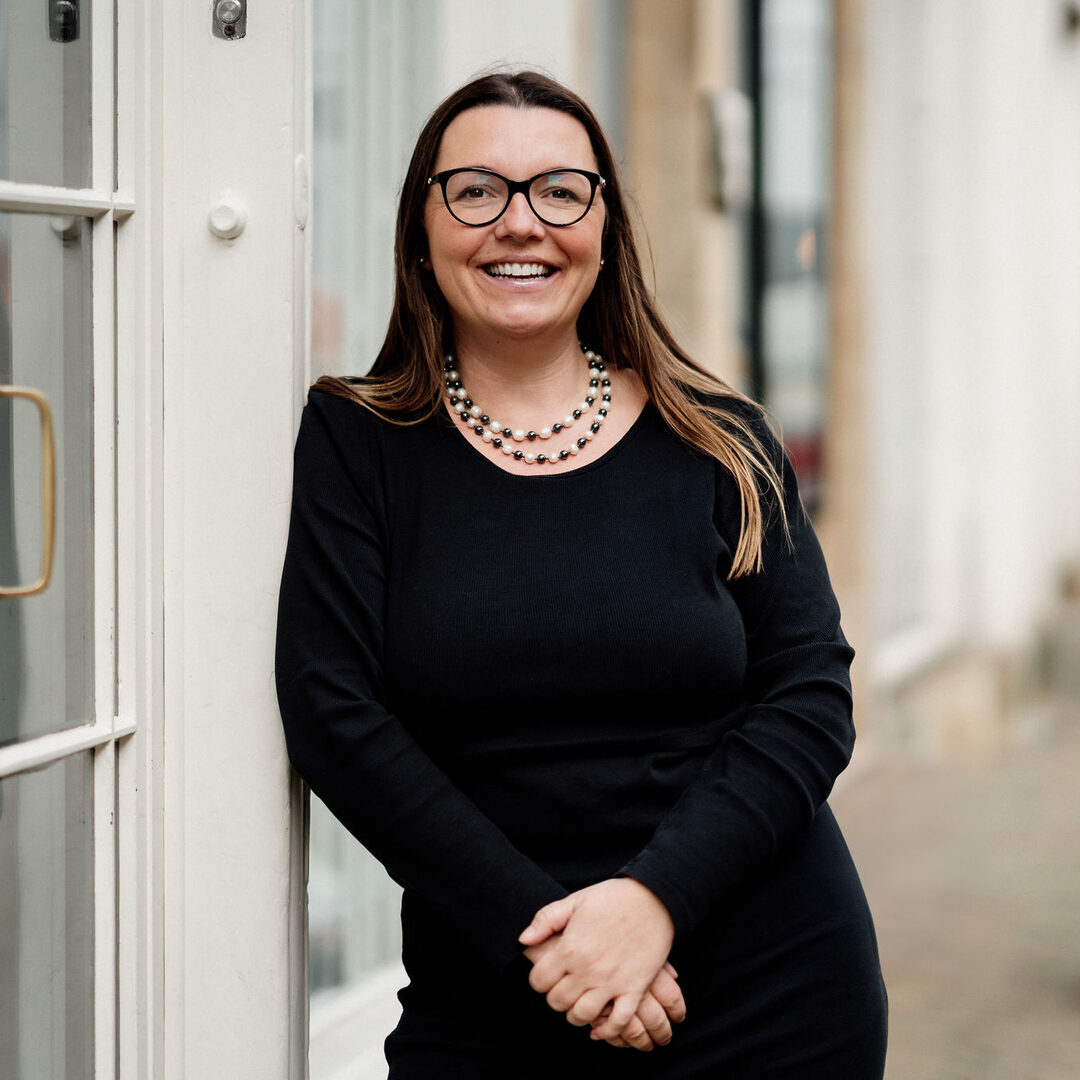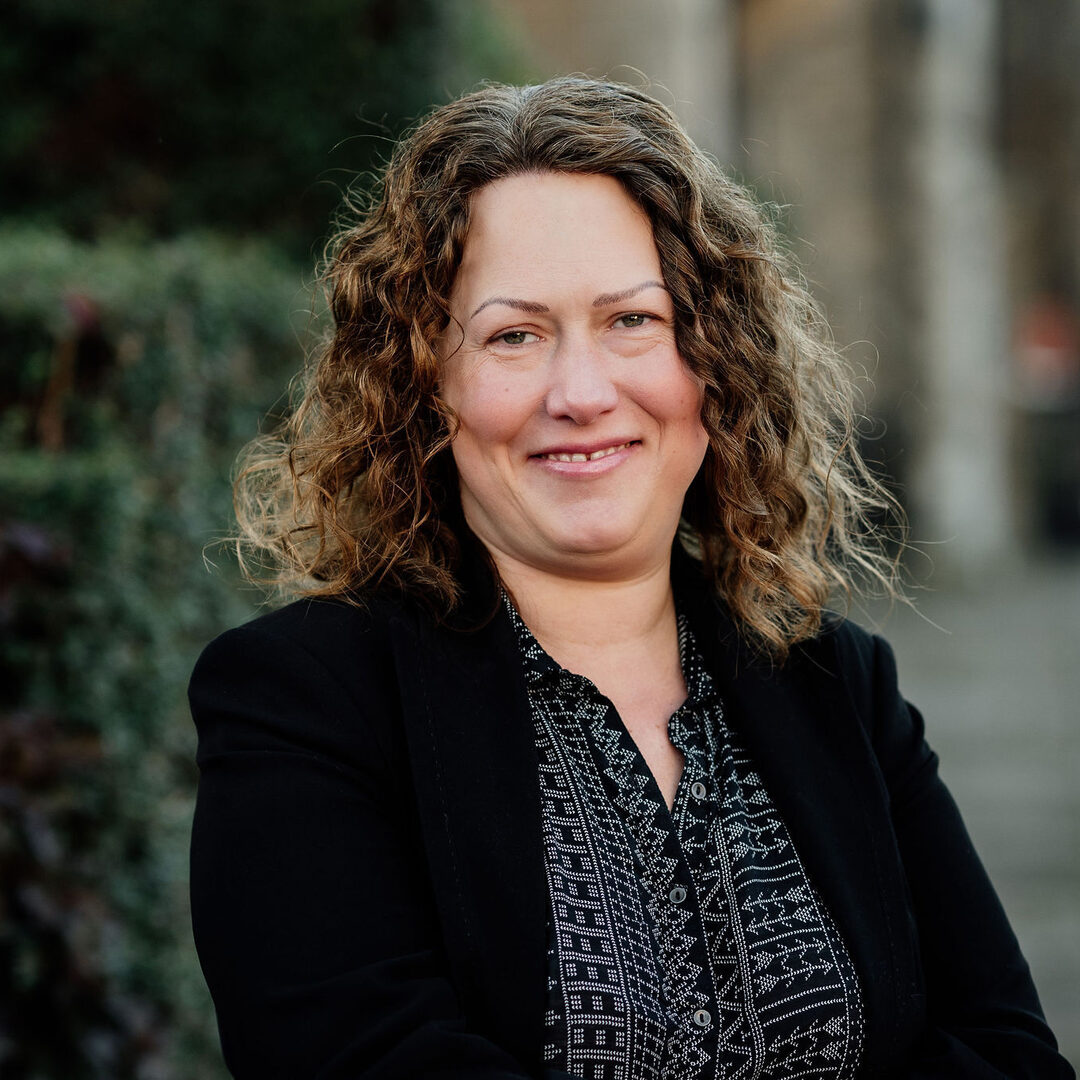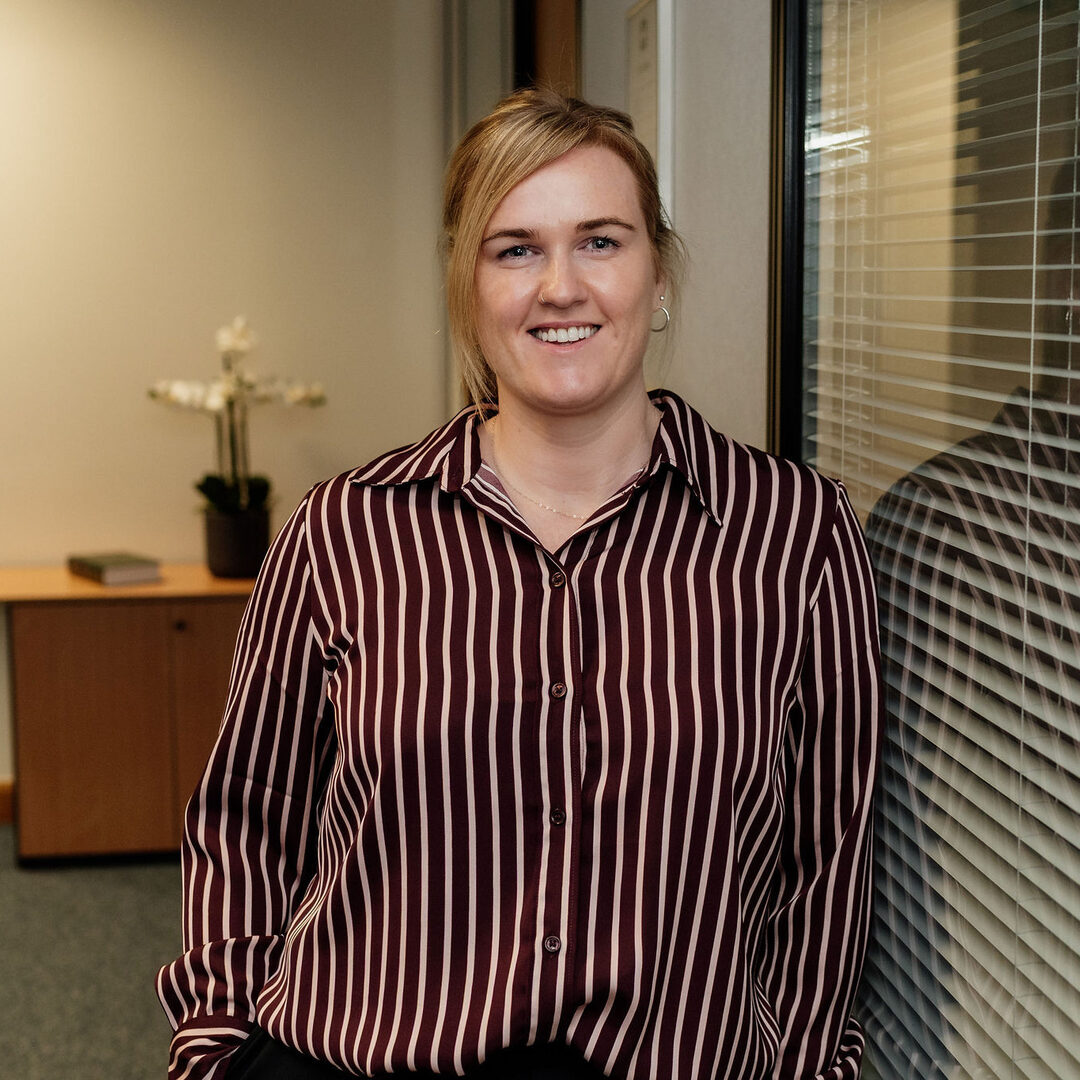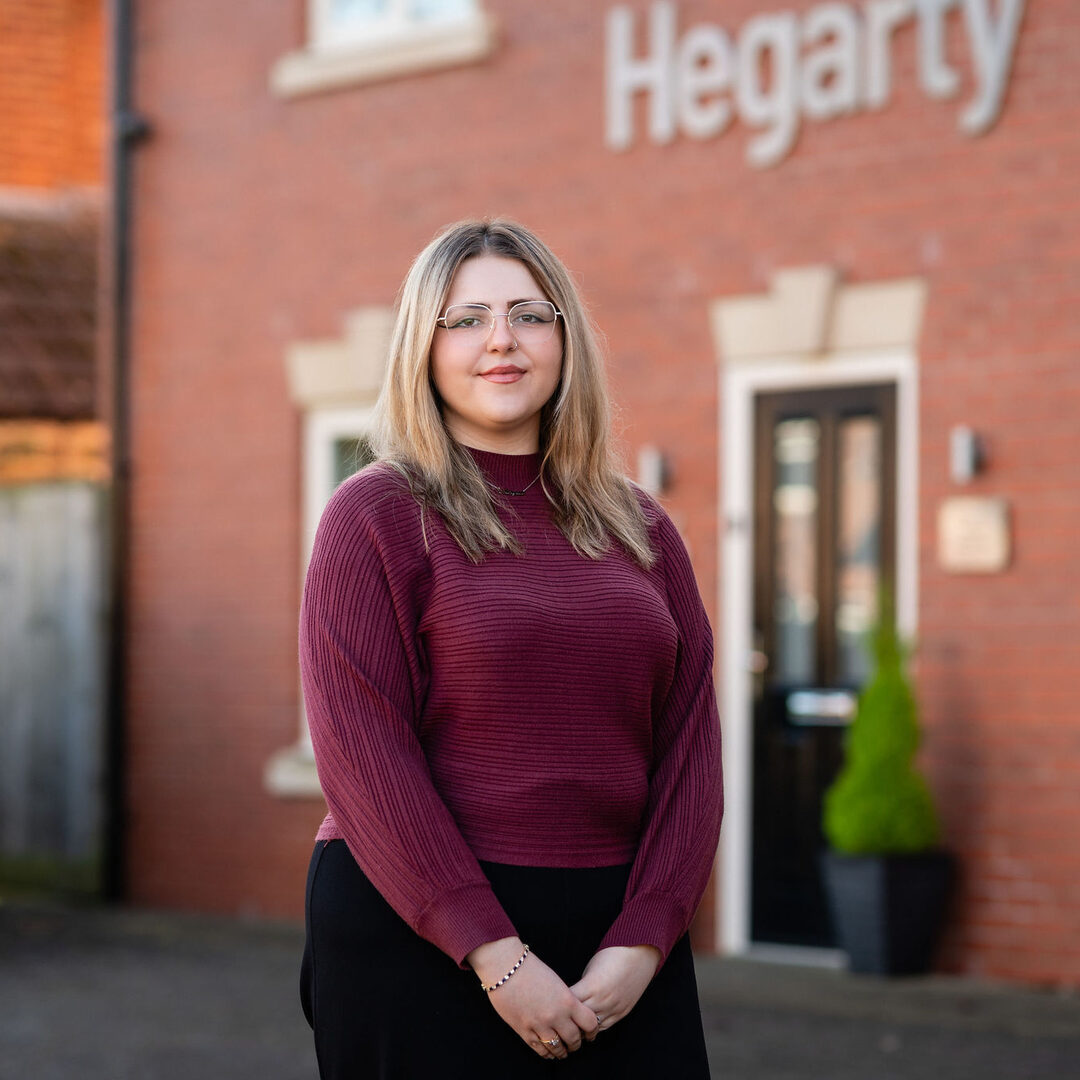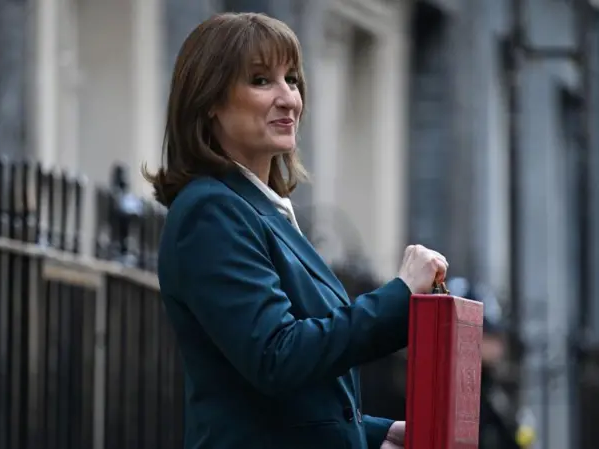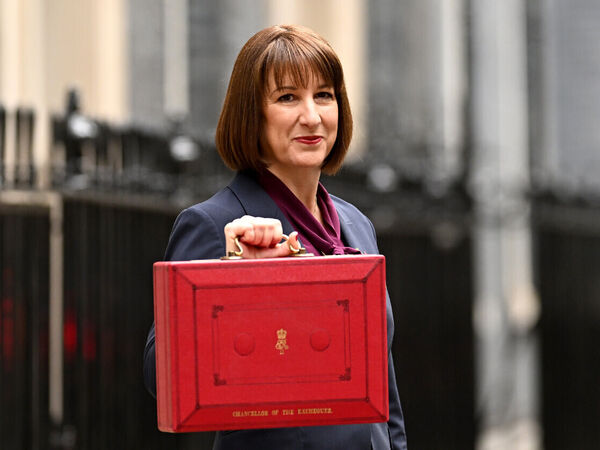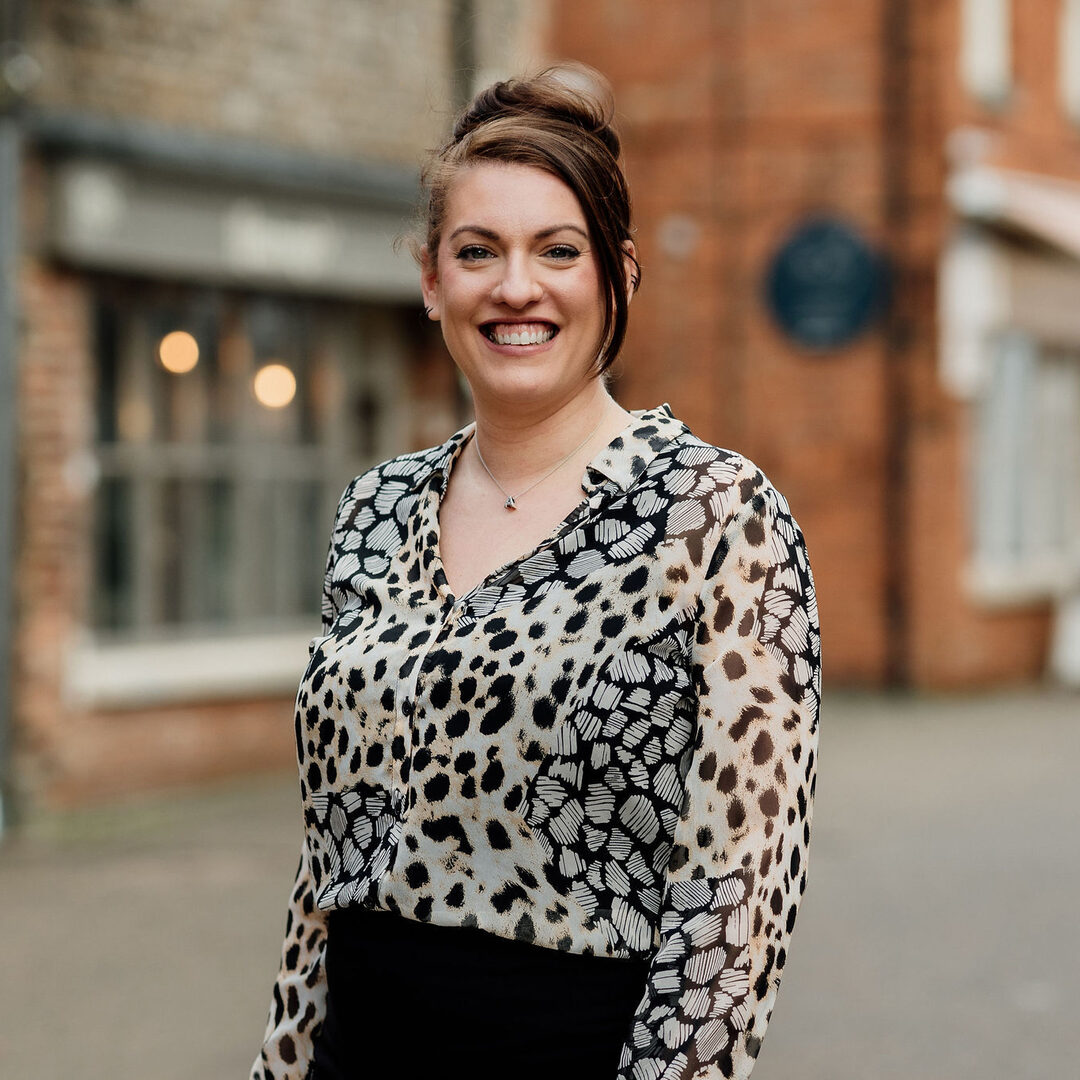What is the Residence Nil Rate Band (RNRB)?
The Residence Nil Rate Band (RNRB) is an additional allowance for Inheritance Tax (IHT) that applies when a person leaves their home to direct descendants (such as children or grandchildren) either in their will or under the rules of Intestacy.
Introduced in April 2017, the RNRB provides an extra threshold on top of the standard nil rate band for IHT.
- Thresholds: The RNRB started at £100,000 in the 2017/18 tax year and increased annually by £25,000 until it reached £175,000 in the 2020/21 tax year.
- Eligibility: To qualify, the deceased must have owned a home or a share of one, and it must be left to direct descendants. A claim for the RNRB needs to be made on a full IHT Account, IHT400.
- Downsizing: If the deceased downsized or sold their home after 08 July 2015, the estate may still qualify for RNRB if other assets are left to direct descendants
- Tapering: For estates valued over £2 million, the RNRB is reduced by £1 for every £2 over the threshold until it is lost entirely after £2,350,000
The home does not need to be the main residence at the time of death, but it must have been lived in at some point and it does not need to be occupied by the direct descendants after date of death and in fact can even be sold as long as the direct descendants are entitled to those proceeds under the terms of the Will or rules of Intestacy.

